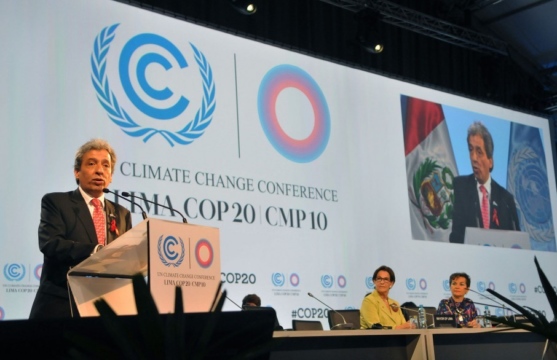Bolivia & the Global Fight Against Climate Change
In the past year, the Bolivian government has emerged as an outspoken critic of climate change policies.
This post is also available in: Español
With the fastest growing car fleet in the world, Latin America has reason to accelerate the transition to electric vehicles (EVs). Costa Rica, with its strong commitment to tackling climate change, is positioning itself to vastly expand EV use in the next five years. But Latin America remains far behind other regions, with EVs representing a tiny fraction of cars, buses and other vehicles due to a variety of barriers. These were the key points discussed by local and international experts, government officials and representatives of utilities and automakers at the Third Annual Latin America Clean Transport Forum in San José, Costa Rica on September 20th.
Though significant barriers remain, the market for EVs has grown rapidly in recent years, speakers on the Global Trends in Electric Mobility panel noted. Cumulative global electric passenger vehicle sales surpassed 2.5 million in July 2017, with most sales concentrated in China, the United States and Europe. This still represents less than 1 percent of passenger light-duty vehicles in circulation.
Increasingly stringent fuel efficiency and vehicle emissions standards have contributed to this growth. Such standards force carmakers to produce more efficient internal combustion engine vehicles, leveling the playing field for EVs to compete and sending long-term market signals to automobile manufacturers, utilities, and consumers. In Latin America, these standards remain weak. Only two countries in the region have the highest level Euro 6 emissions standards, and these are only applied in certain urban centers. Vehicle taxes based on emissions levels can also help level the playing field. Chile and Mexico have implemented these taxes, and a similar measure is being discussed in Costa Rica.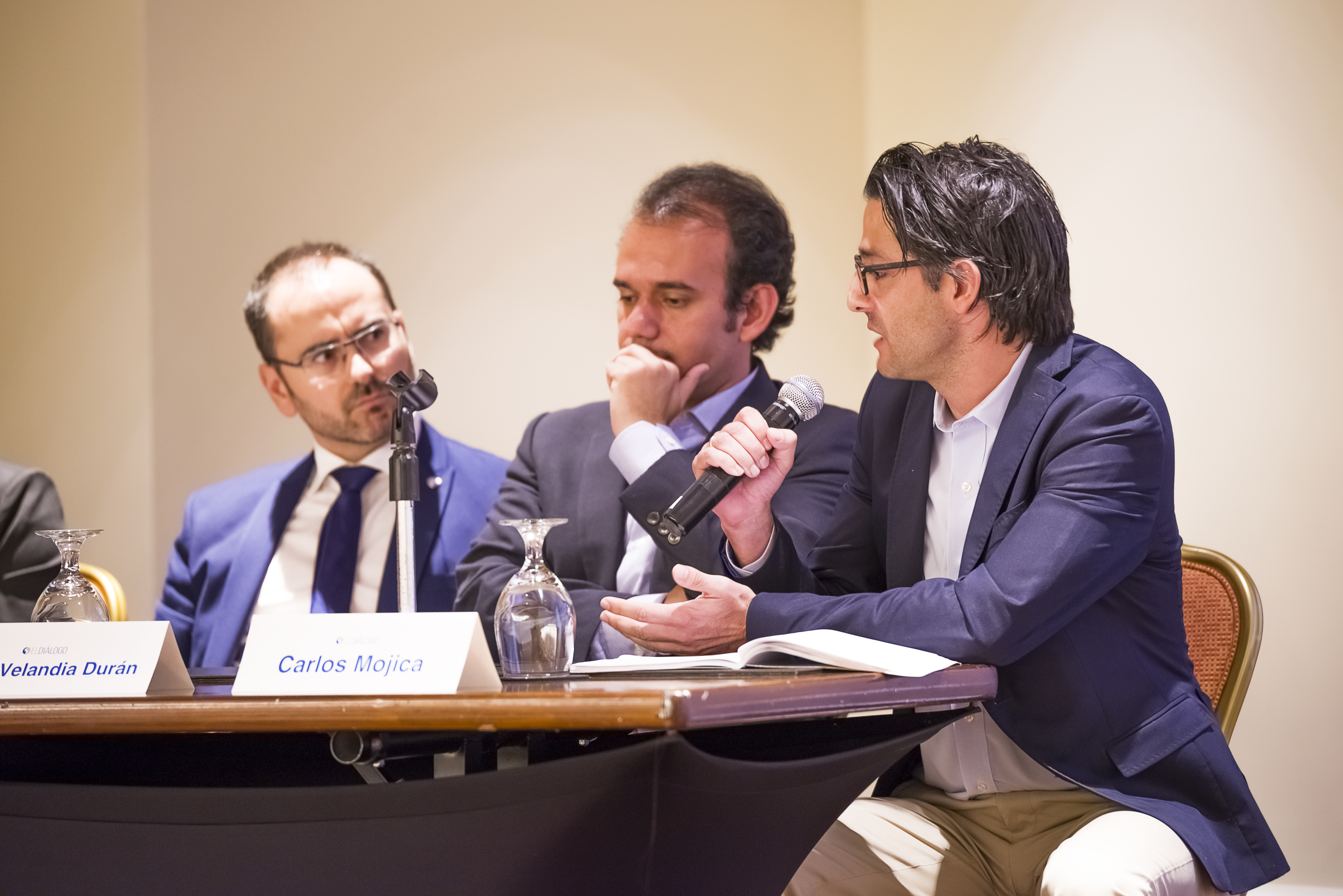
EV uptake is also closely correlated with investments in public charging infrastructure. Though almost all EV charging is done at home, public charging networks alleviate range anxiety and provide a place for EV owners without dedicated parking spots to charge. Costa Rica has a distinct advantage over many Latin American countries – approximately 92 percent of the population lives in single-family dwellings, making charging at home much easier.
Increasing model selection will also help stimulate EV uptake. EVs were initially developed for specific markets like California and Norway, but automakers are transitioning to worldwide EV distribution, which will result in a much larger selection. Many automakers have pledged to electrify their major lines over the next ten years, and options will grow from a few dozen to hundreds of types of EVs, including scooters, buses, passenger cars, and light, medium, and heavy-duty trucks. Experts expect EV sales in Latin America will take off between 2030 and 2035, as these new models come to market and infrastructure investments are built out.
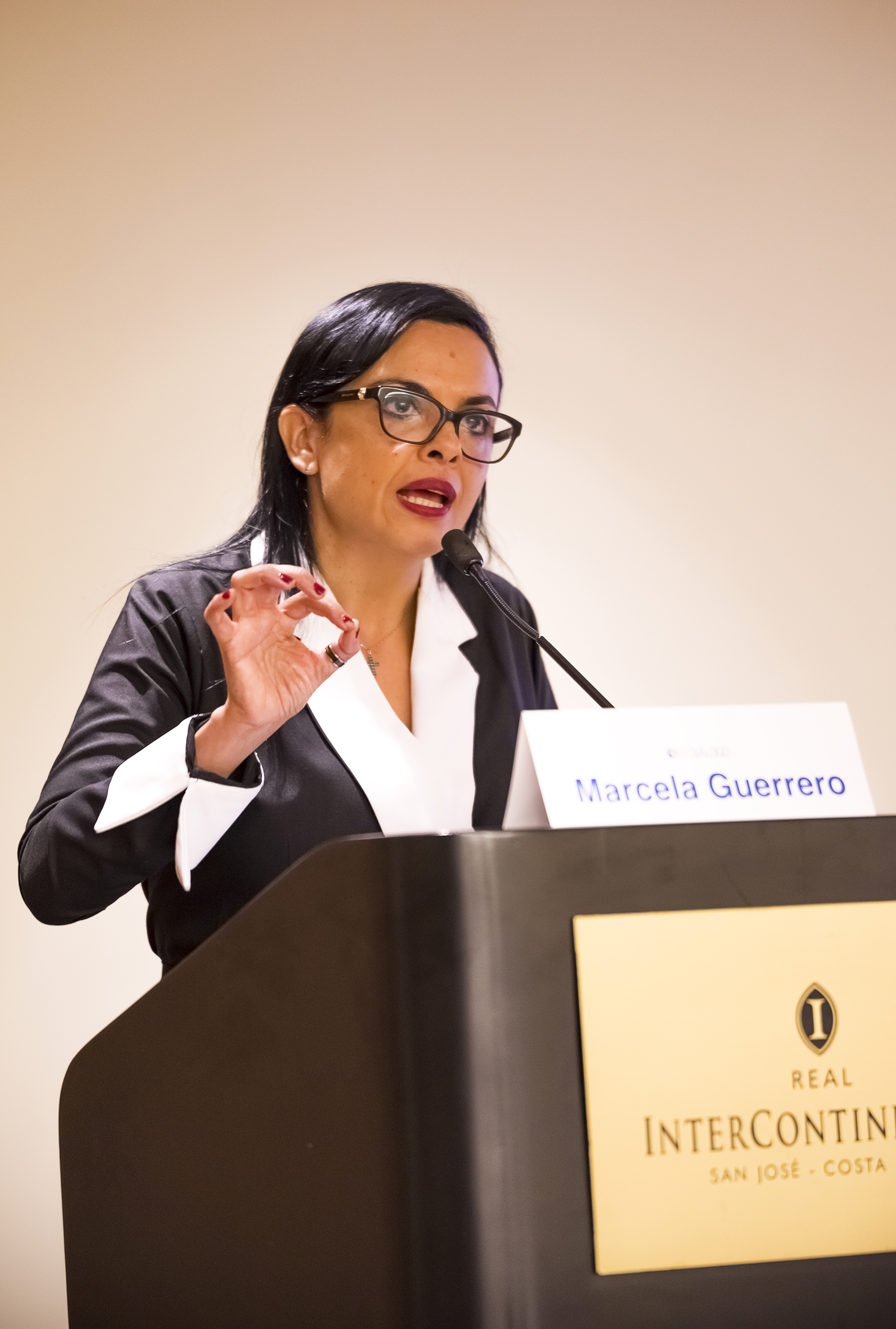 Electrifying high-use vehicles like buses, taxis, and ridesharing vehicles is also critical, especially in Latin America, which has the highest public transportation use and the largest number of buses per capita in the world, noted speakers on the Regional Experiences in Latin America panel. While private cars generally sit idle for 90 percent of the day, buses travel between 800,000 and 100,000 kilometers every year, and the total lifetime cost of battery electric buses has already fallen below comparable diesel-fueled vehicles. In countries with very clean electricity matrices – like Costa Rica, where 99.5 percent of power has been generated from renewables this year – electric buses offer a nearly 100 percent reduction in greenhouse gas emissions in addition to zero particle emissions. Reductions from the transport sector will help Latin American countries reach their international climate commitments. Eleven countries in the region mention the transport sector as a priority for emissions reduction in these commitments, including Costa Rica, where 77 percent of hydrocarbons use is in the transport sector.
Electrifying high-use vehicles like buses, taxis, and ridesharing vehicles is also critical, especially in Latin America, which has the highest public transportation use and the largest number of buses per capita in the world, noted speakers on the Regional Experiences in Latin America panel. While private cars generally sit idle for 90 percent of the day, buses travel between 800,000 and 100,000 kilometers every year, and the total lifetime cost of battery electric buses has already fallen below comparable diesel-fueled vehicles. In countries with very clean electricity matrices – like Costa Rica, where 99.5 percent of power has been generated from renewables this year – electric buses offer a nearly 100 percent reduction in greenhouse gas emissions in addition to zero particle emissions. Reductions from the transport sector will help Latin American countries reach their international climate commitments. Eleven countries in the region mention the transport sector as a priority for emissions reduction in these commitments, including Costa Rica, where 77 percent of hydrocarbons use is in the transport sector.
However, Costa Rica faces many barriers to EV deployment including a high number of used car imports and the high price of EVs. Speaking at the forum, Congresswoman Marcela Guerrero urged her fellow lawmakers to approve a bill she co-sponsored to introduce incentives for EVs, including exemptions from certain import and sales taxes. Similar incentives in Mexico and Colombia have helped EVs compete with conventional vehicles. The law also establishes plans to build charging stations at least every 80 kilometers on national highways and every 120 kilometers on Costa Rica has already successfully implemented certain tax exemptions for importing electric buses and spare parts for EVs.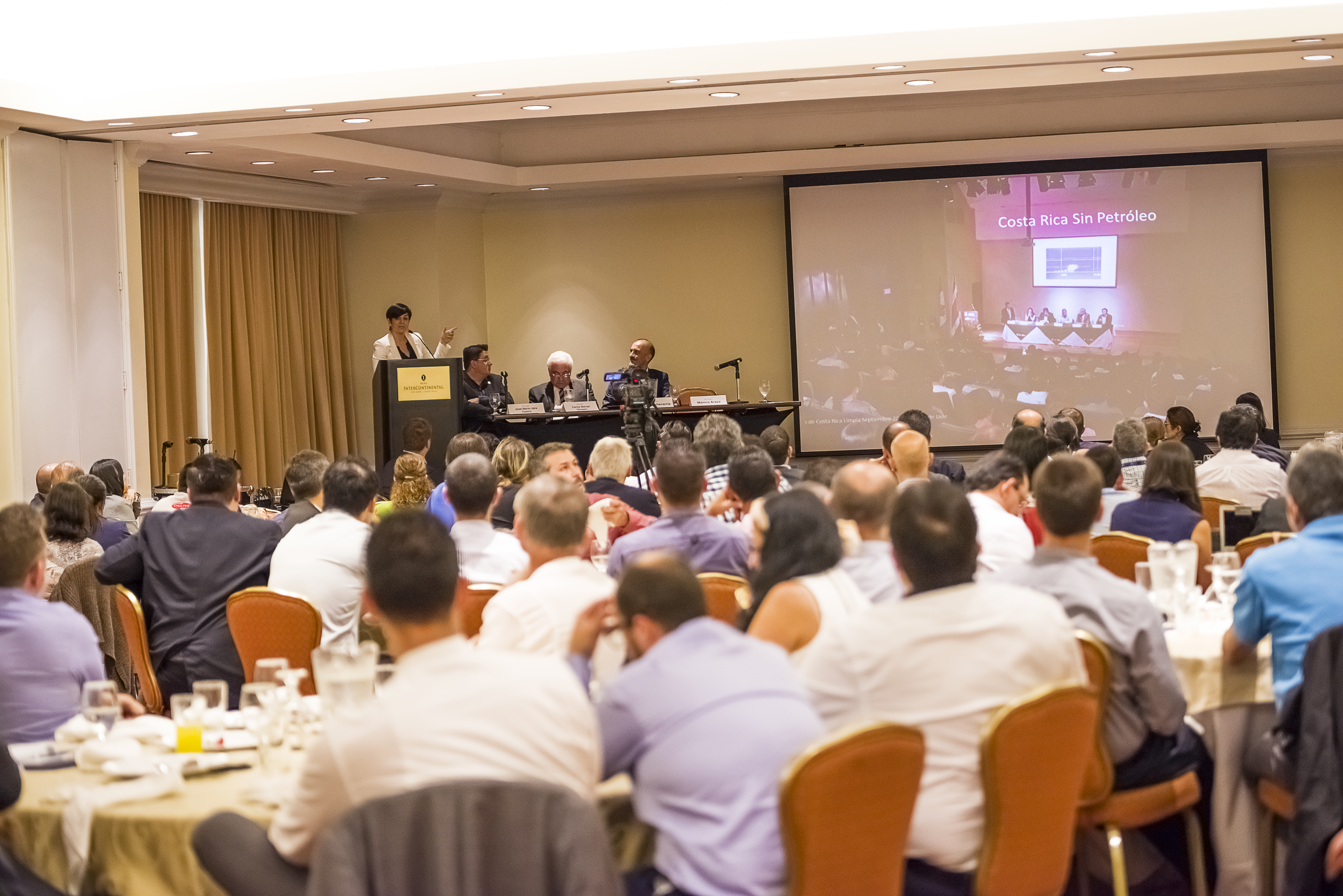
If this legislation is enacted, cumulative EV stock is projected to grow to 35,000 vehicles by 2022. The electricity needed to supply those vehicles is less than half of what Costa Rica currently exports to neighboring countries. Grupo ICE, Costa Rica’s vertically integrated utility, is working with other government agencies to deploy a rapid charging network across the country by 2022, ICE President Carlos Obregón told attendees of the forum. Grupo ICE also plans to replace 100 vehicles from its fleet with EVs and install 100 charging stations. These moves are advancing Costa Rica‘s clean transport agenda.
Read coverage of the Third Annual Latin America Clean Transport Forum in Ojo al Clima and information about our past Latin America Clean Transport Forums in Colombia and Mexico. Additional photos of the forum are available here.
Opening remarks & Keynote address by Congresswoman Marcela Guerrero |
Global Trends in Electric Mobility Panel with speakers Kate Blumberg, John Gartner, and Guillermo Areas and moderator Faith Corneille |
KEYNOTE ADDRESS by Laura Lizano, Energy Sector Director, Ministry of Environment and Energy of Costa Rica |
ELECTRIC TRANSPORT IN LATIN AMERICA: REGIONAL EXPERIENCES Panel with speakers Gustavo Máñez Gomis, Mónica Morales Campos, Edder Velandia Durán, and Carlos Mojica and moderator Bjørn Utgård |
Keynote address by Liza Castillo, Viceminister of Transportation and Road Safety, Ministry of Public Works and Transportation of Costa Rica |
CHALLENGES AND OPPORTUNITIES FOR ELECTRIC TRANSPORT IN COSTA RICA Panel with speakers Carlos Manuel Obregón, Carlos Echevarría, and Mónica Araya and moderator José Mario Jara Castro |
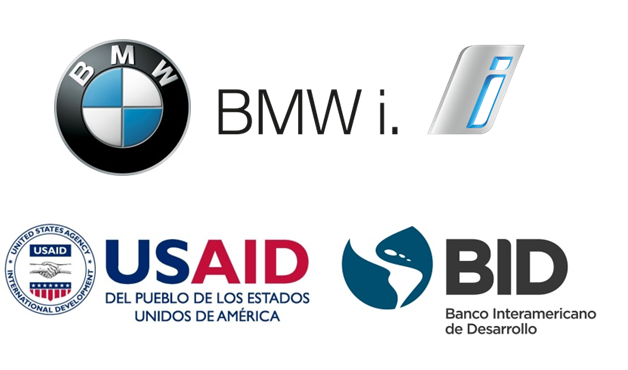
In the past year, the Bolivian government has emerged as an outspoken critic of climate change policies.
As global temperatures continue to rise with the global community stalled on any way to stop them, countries must prepare to adapt to increasingly volatile environmental conditions.
In December, world leaders will travel to Lima, Peru to participate in United Nations COP 20 talks.
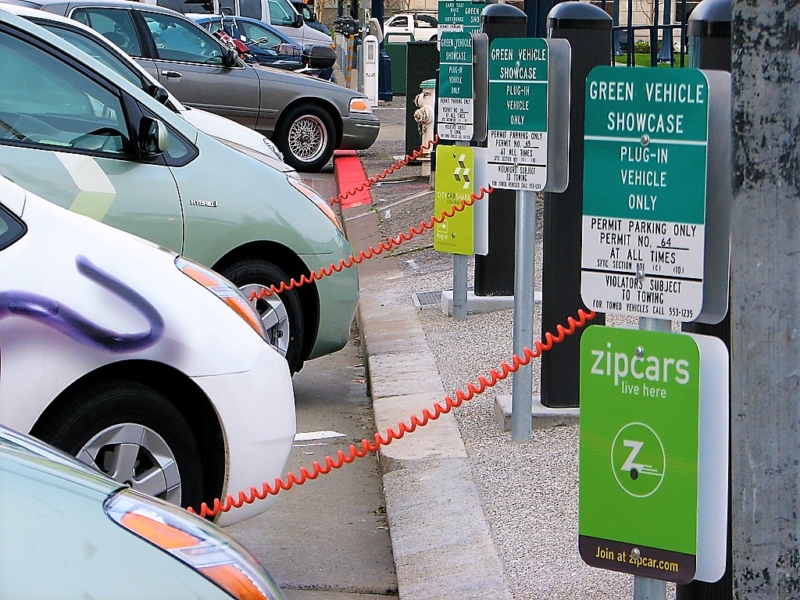 Felix Kramer / CC-BY-SA 2.0
Felix Kramer / CC-BY-SA 2.0
